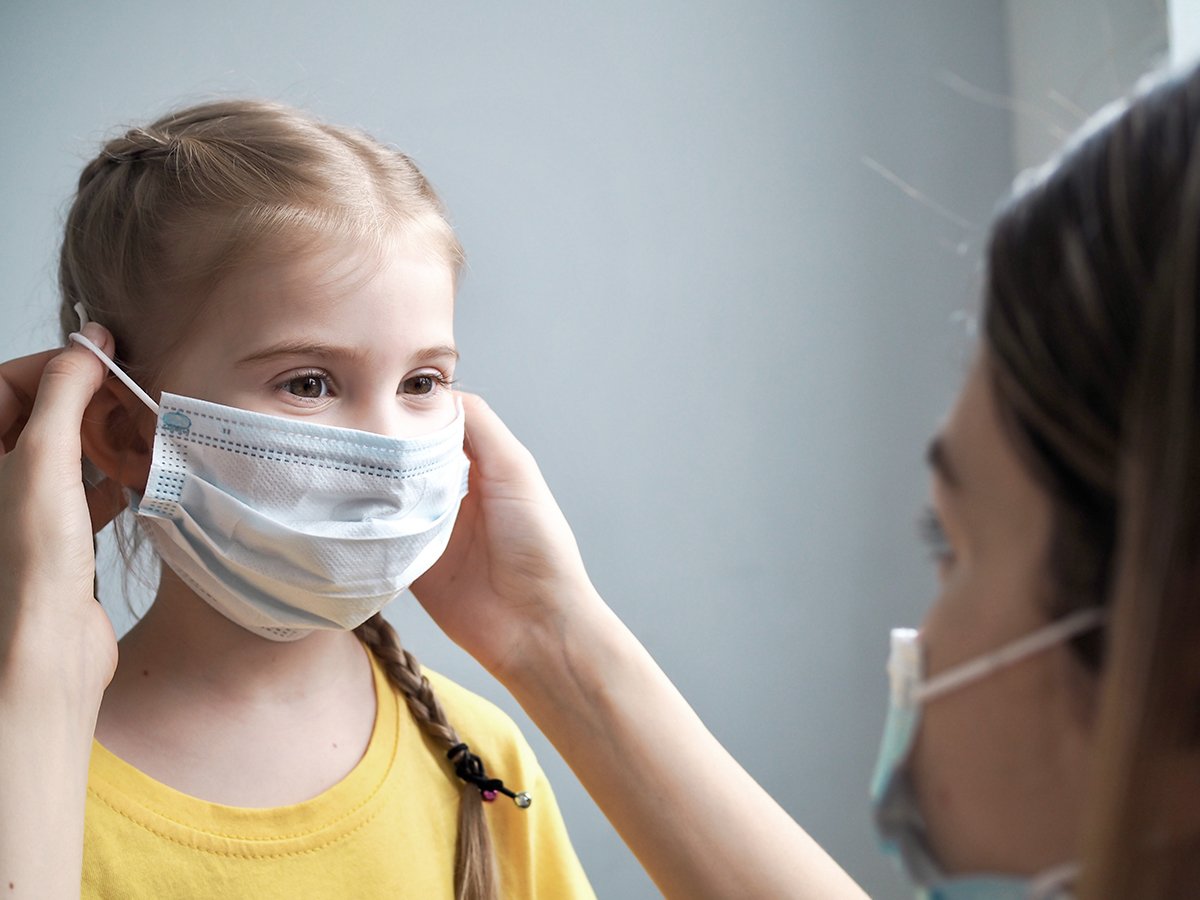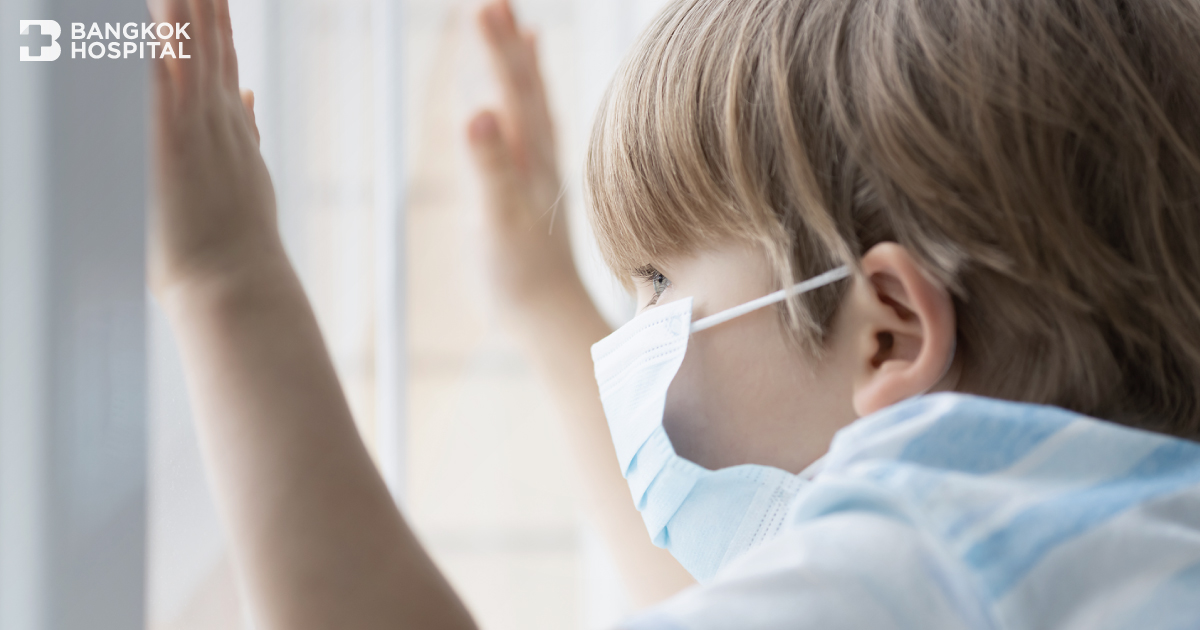In children who are sick with COVID-19, regardless of whether the illness is mild or severe, after recovery from COVID-19, they may face MIS-C, a severe, multisystem inflammatory syndrome following a COVID-19 infection that requires immediate treatment. If neglected, it could become life-threatening.
Get to Know MIS-C
MIS-C or Multisystem Inflammatory Syndrome in Children is a severe, multisystem inflammatory condition that occurs after a child has recovered from COVID-19. Symptoms can appear from the time of recovery up to 2 – 6 weeks post-infection. It is mostly found in boys more than girls
Symptoms MIS-C
The symptoms of MIS-C can involve multiple systems, and parents should be vigilant about monitoring their children, including:
- Similar to Kawasaki disease, such as
- Fever
- Rash
- Red eyes
- Swelling and redness of hands and feet
- Red, dry, cracked lips
- Swollen lymph nodes
- Respiratory system symptoms, such as
- Pneumonia
- Gastrointestinal symptoms , such as
- Stomach pain
- Diarrhea
- Nausea
- Vomiting
- Inflammation of the intestine
- Hepatitis
- Symptoms similar to appendicitis
- Cardiovascular and circulatory system symptoms include
- Difficulty breathing, fatigue
- Rapid heartbeat
- Blood clots
- Neurological symptoms include
- Headache
- Meningitis

Diagnosis MIS-C
If parents or guardians notice any unusual symptoms in their child after recovering from COVID-19, they should see a doctor immediately. The examination may include the lungs, abdomen, nervous system, spinal fluid, etc. Furthermore, if the symptoms are severe, hospitalization may be necessary while awaiting test results
Treatment MIS-C
The main goal of treating MIS-C is to reduce inflammation and prevent potential complications. In treating the child, no other complications must be present. The treatment will be based on the symptoms, to prevent recurrent inflammation, control and adjust the immune response, and it requires continuous monitoring for at least 1 year
However, parents or guardians should not be complacent and must closely monitor their child after recovering from COVID-19, as being in the condition of MIS-C could rapidly deteriorate and become life-threatening

